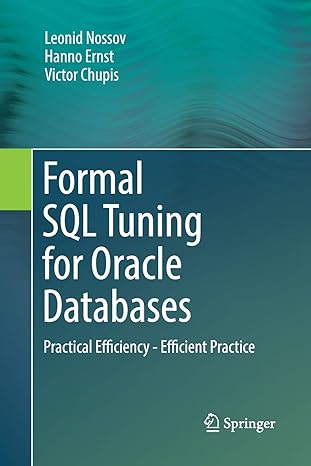Problem 1. We start with the average number of exchanges in the first iteration of Bubble Sort on a list of size n. Here is
Problem 1. We start with the average number of exchanges in the first iteration of Bubble Sort on a list of size n. Here is the code: for j = 1 to n-1 do if A[j] > A[j+1] then A[j] ? A[j+1] It turns out that on average most potential exchanges will actually be made, so it is mildly easier to count the number of times an exchange is not made. (A potential exchange means that a comparison was made, which could have resulted in an exchange. So you can think of a potential exchange as being a comparison, or you can think of the number of potential exchanges as being the worst case number of exchanges.) (a) How many potential exchanges are there in the first iteration (of size n) of Bubble Sort? (b) Briefly explain why on average most potential exchanges will be made in the first iteration of Bubble Sort. (c) Calculate the exact average number of potential exchanges that are not made in the first iteration of Bubble Sort. Your answer should use the harmonic series (Hn). (d) What is the exact average number of exchanges that are made in the first iteration of Bubble Sort. Your answer should use the harmonic series (Hn). (e) What is the above formula without using the harmonic series? Give the exact first and second order terms.
Step by Step Solution
There are 3 Steps involved in it
Step: 1

See step-by-step solutions with expert insights and AI powered tools for academic success
Step: 2

Step: 3

Ace Your Homework with AI
Get the answers you need in no time with our AI-driven, step-by-step assistance
Get Started


